 |
| November 11, 2021 |
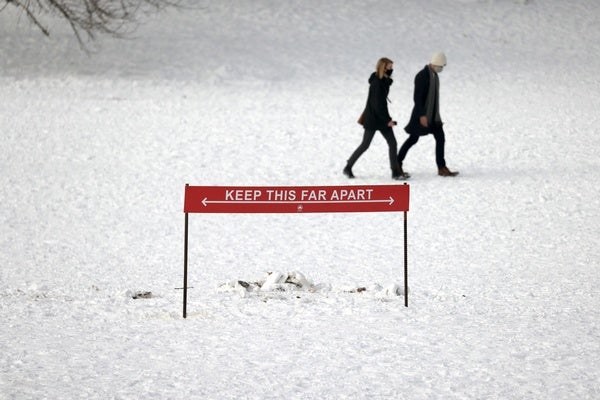 |
| |
| Fossil Fuels Global Emissions Rebound to Pre-COVID Levels After months of social distancing and stay-at-home orders, economies are reopening, and carbon dioxide levels are rising | | By Rob Jackson,Pierre Friedlingstein,Corinne Le Quéré,Robbie Andrewis,Pep Canadell,Glen Petersis,Sam Abernethy | | | |
| Diversity Lost Women of Science, Episode 2: The Matilda Effect A passionate outdoorswoman, a "rugged individualist" and a bit of an enigma—the few traces Dorothy Andersen left behind give us glimpses into who she was. In this episode, we track down people determined to stitch together her life. Our associate producer Sophie McNulty rummages through the basement of one of Andersen's colleagues for clues about the elusive pathologist. Meanwhile, in Manhattan, N.Y., pediatric intensivist Scott Baird suggests we take a second look at the conventional wisdom surrounding the evolution of cystic fibrosis research in the 1950s. This is the Lost Women of Science podcast | | By Katie Hafner,The Lost Women of Science Initiative | | | |
| |
| |
| |
| |
| |
| |
| |
| |
| |
| |
FROM THE STORE
 | | | |
| |
FROM THE ARCHIVE
 | | | |
| |
LATEST ISSUES
 |
| |
| Questions? Comments?  | |
| Download the Scientific American App |
| |
| |


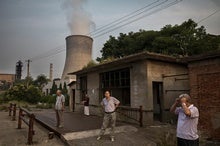
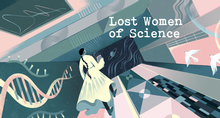
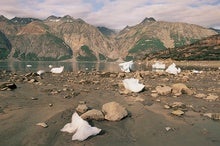
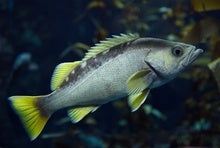
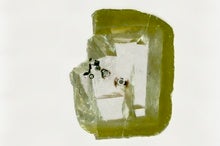
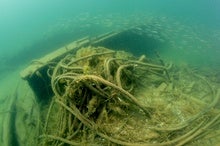


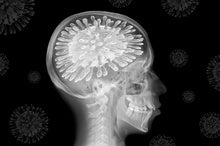
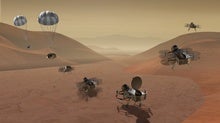
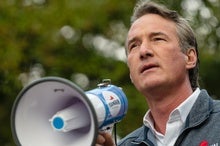
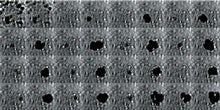
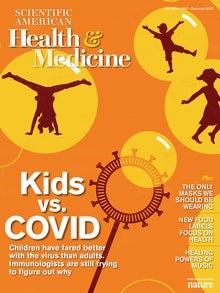




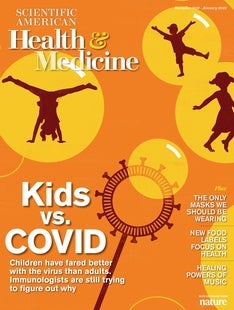

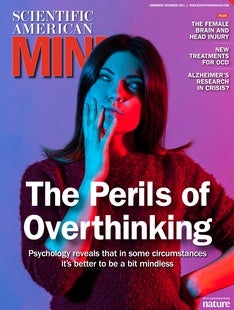
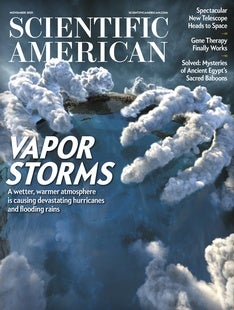
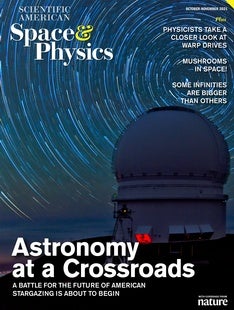



Comments
Post a Comment